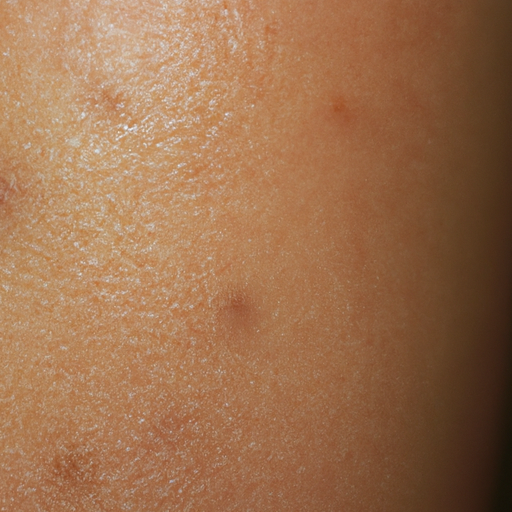As a dermatologist, I encounter numerous patients who are battling the persistent issue of oily skin. The struggle with oily skin is not just about the shiny appearance it gives to your face, but also the acne breakouts and blackheads that come along with it. The good news is, with the right skincare regimen and lifestyle changes, you can significantly reduce the oiliness of your skin. Here are eight essential tips to combat oily skin.
1. Cleanse Regularly: The first step in controlling oily skin is regular cleansing. Use a gentle, oil-free cleanser twice a day to remove excess oil and dirt from your skin. Avoid using harsh soaps as they can strip your skin of its natural oils, causing it to produce more oil to compensate.
2. Exfoliate: Exfoliating once or twice a week can help remove dead skin cells that can clog pores and cause oiliness. Choose a gentle exfoliator that won’t irritate your skin. Remember, over-exfoliation can lead to dryness and trigger more oil production.
3. Use Oil-Free and Non-Comedogenic Products: When choosing skincare and makeup products, look for those labeled “oil-free” or “non-comedogenic”. These products are less likely to clog pores and contribute to oiliness.
4. Hydrate: It may seem counterintuitive, but keeping your skin hydrated is crucial in controlling oiliness. When your skin is dehydrated, it compensates by producing more oil. Use an oil-free moisturizer to keep your skin hydrated without adding extra oil.
5. Use a Clay Mask: Clay masks are excellent for oily skin as they absorb excess oil and unclog pores. Use a clay mask once or twice a week for best results.
6. Watch Your Diet: Your diet can significantly impact your skin’s oil production. Foods high in sugars and fats can stimulate oil production, while foods rich in omega-3 fatty acids, like fish and walnuts, can help regulate it. Include more fruits, vegetables, and lean proteins in your diet for healthier skin.
7. Stay Hydrated: Drinking plenty of water can help maintain your skin’s moisture balance and reduce oiliness. Aim for at least eight glasses of water a day.
8. Consult a Dermatologist: If you’ve tried everything and still struggle with oily skin, it might be time to consult a dermatologist. They can provide personalized advice and prescribe treatments that can help control your skin’s oil production.
Remember, everyone’s skin is different, and what works for one person may not work for another. It may take some trial and error to find the right combination of products and practices that work best for you.
While oily skin can be frustrating, it’s important to note that it also has its benefits. Oil helps keep your skin moisturized and protects it from environmental damage. The key is not to eliminate oil completely but to strike a balance where your skin is neither too oily nor too dry.
In conclusion, managing oily skin requires a combination of consistent skincare, healthy lifestyle choices, and professional advice when needed. With patience and perseverance, you can achieve a balanced complexion that is neither excessively shiny nor overly dry. Remember, the goal is not perfection but healthy, comfortable skin.



